The European Union must react in a "firm but smart manner" to the reciprocal tariffs that Donald Trump is set to unveil, António Costa has said, hoping the American president will row back on his plan before a devastating trade war erupts.
"This is truly a major economic mistake for the United States and also for Europe and the entire world," the president of the European Council told Euronews in an interview.
Trump, whose unprecedented initiative has antagonised long-time allies, rattled stock markets and raised the spectre of recession, will announce the tariffs on Wednesday at 16:00 local time (22:00 CET) in what has been dubbed "Liberation Day."
The duties will enter into force "immediately," the White House has said.
For the bloc, the reciprocal tariffs will come on the heels of 25% duties on steel, aluminium and car exports.
"We must respond in a firm but also smart manner," Costa said in the interview.
"That means we must reach a negotiated solution. Tariffs mean taxes. Taxes that American consumers will pay, that American companies will pay. It won't be good for Americans but it will also be bad for Europeans," he added.
"Going into a tariff war isn't the best path but we must, indeed, respond in such a way that we can find a negotiated solution in the common and mutual interest of the United States and Europe – of the American economy and the European economy."
Brussels anticipates tariffs in the double-digit territory, possibly as high as 25% on most, if not all, goods. Analysts predict the measures would wreak havoc across both sides of the Atlantic and effectively rewire the post-WWII economic order.
The European Commission, which has exclusive competence to determine the EU's trade policy, is expected to unveil retaliatory measures between Thursday and Friday. Ahead of "Liberation Day", EU officials have said the response would be "well calibrated" and freed from any red lines, with all cards on the table.
One option could entail targeting valuable American services, which have so far remained spared from the tit-for-tat. In 2023, the EU recorded a surplus of goods with the US worth €156.6 billion but a deficit of services worth €108.6 billion.
In the interview, Costa expressed confidence in the Commission's ability to weather the commercial storm and continue discussions with Washington until a compromise is reached, even if talks have so far been completely unsuccessful.
Costa repeatedly described Trump's reciprocal tariffs as a "mistake" and warned the damage from an EU-US clash would spill over across all continents.
"Our trade relations represent 30% of global trade (and) 40% of global GDP, so it won't just affect Europe and the United States, it will affect everyone, so it's a big mistake," Costa said.
"But I hope the United States understands the extent of this mistake and that we can avoid a trade war. At a time when everyone wants peace, it makes no sense to create a war now over trade," he added, referring to Trump's efforts to strike a peace deal between Ukraine and Russia.
As transatlantic tensions grow, Brussels has intensified its engagement with the leaders across the bloc to ensure a unified political front before the White House.
While heads of state and government agree the Trump tariffs cannot go unanswered, they disagree on which products should be targeted in reaction, fearing the countermeasures might hit hard key industries of their domestic economies.

 22 hours ago
3
22 hours ago
3
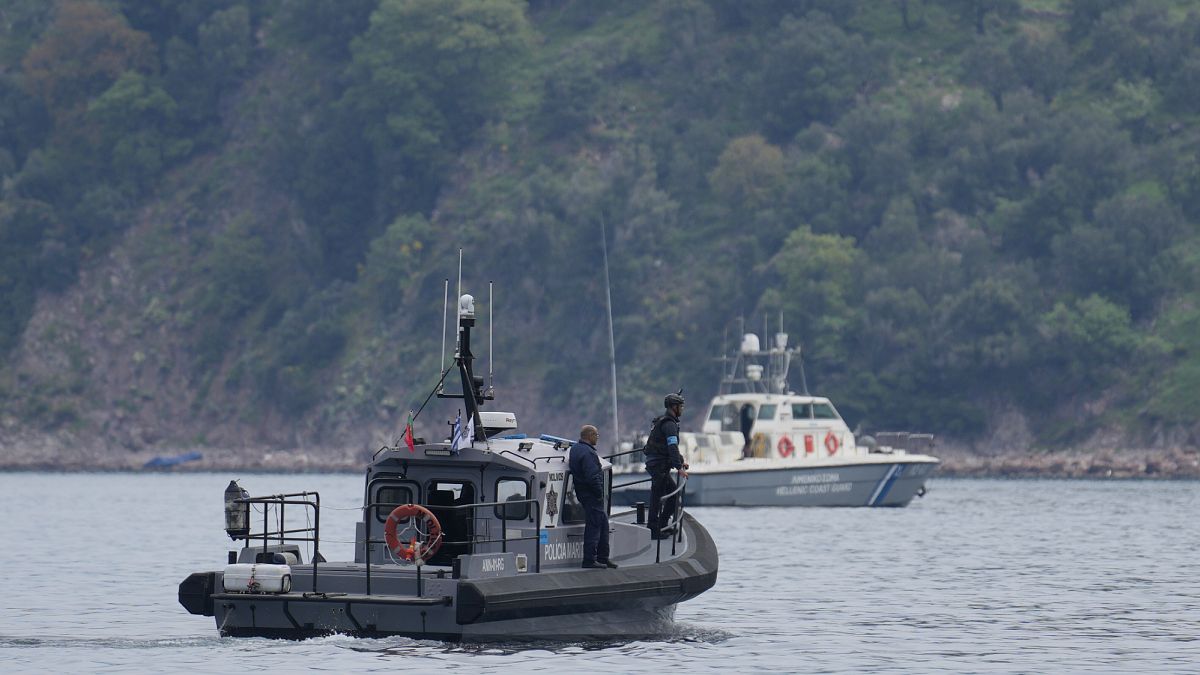
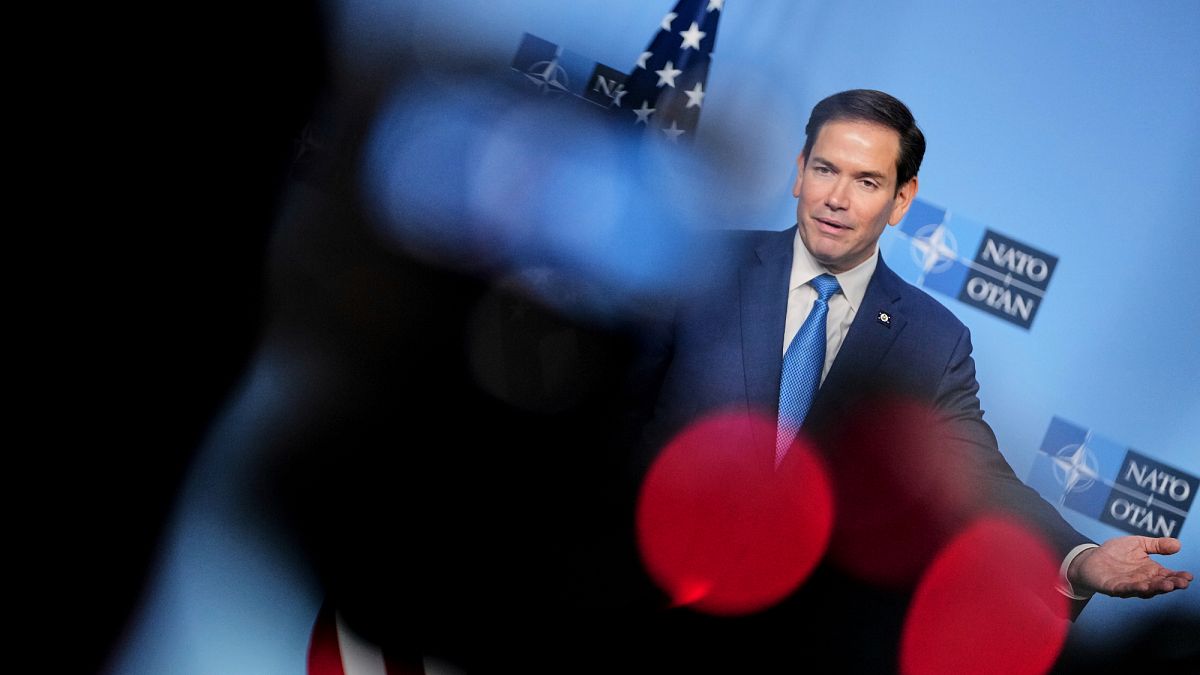
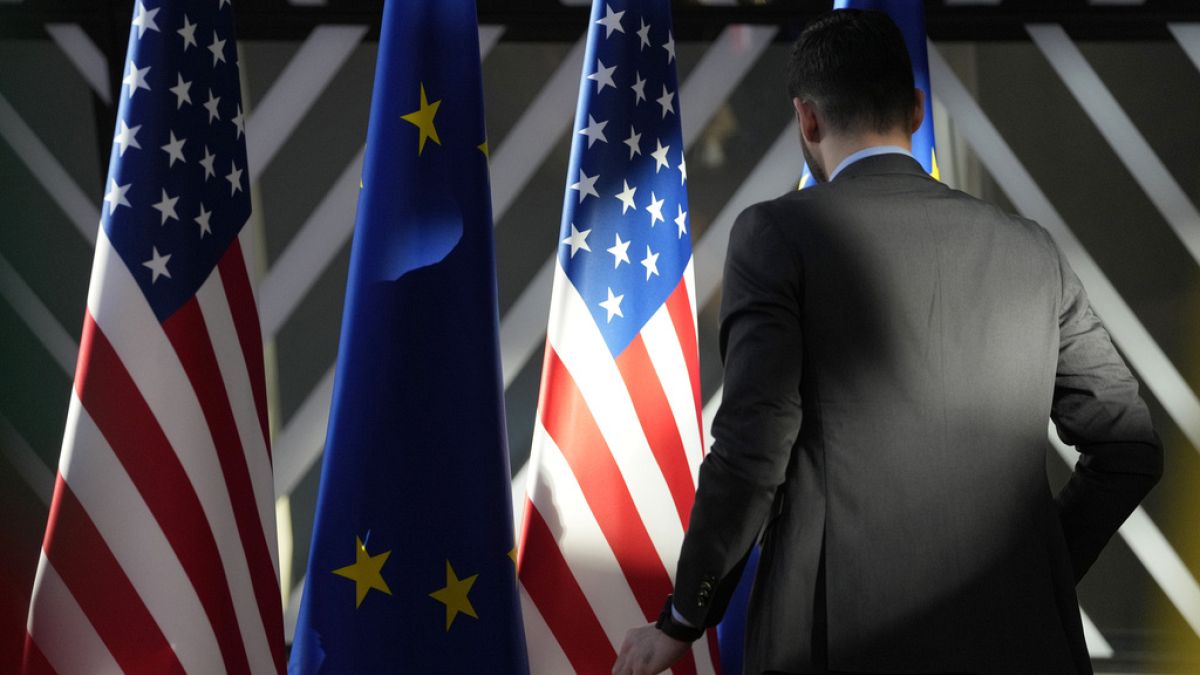
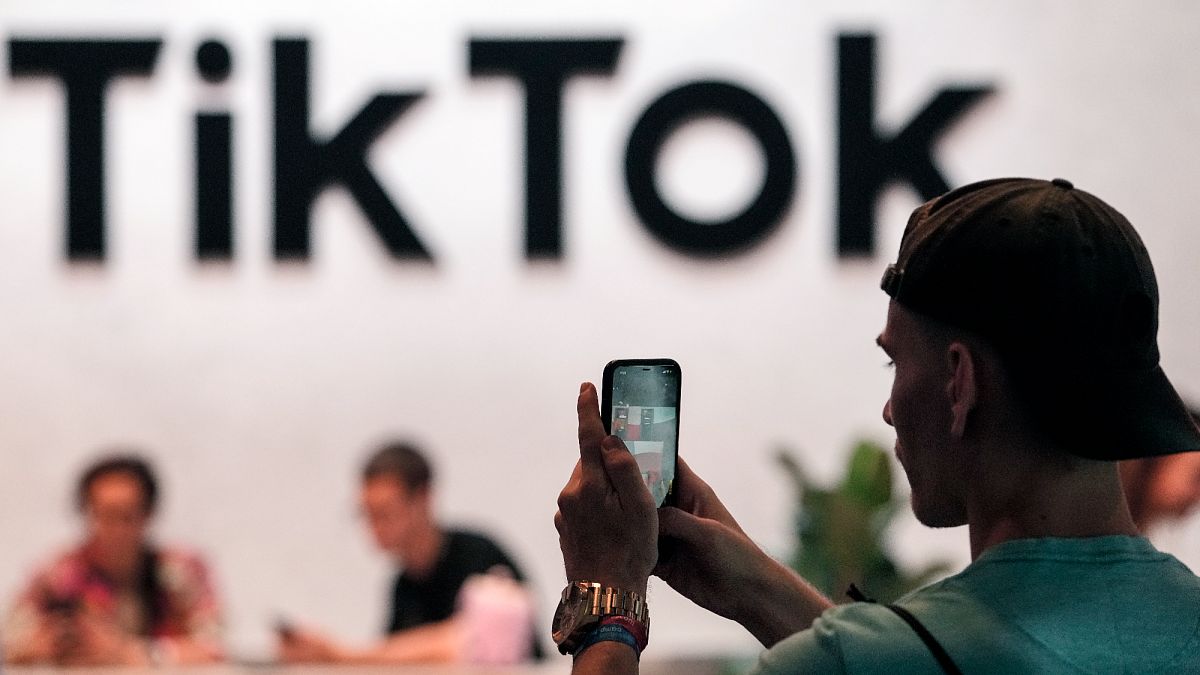

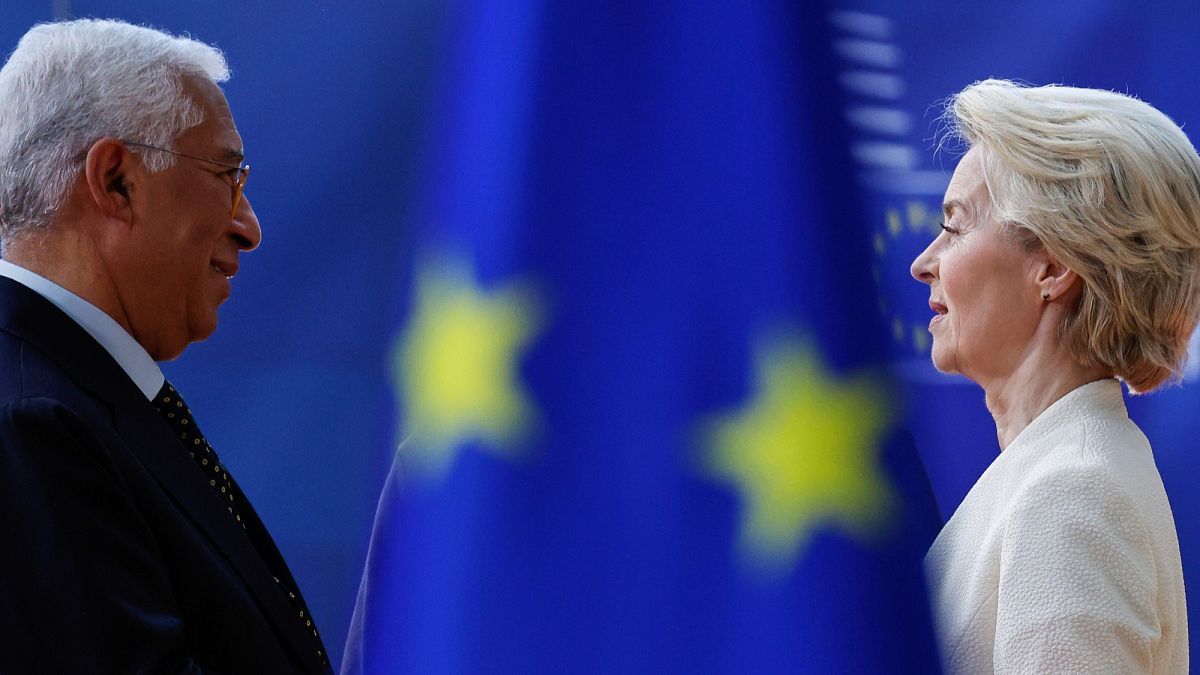
 We deliver critical software at unparalleled value and speed to help your business thrive
We deliver critical software at unparalleled value and speed to help your business thrive






 English (US) ·
English (US) ·